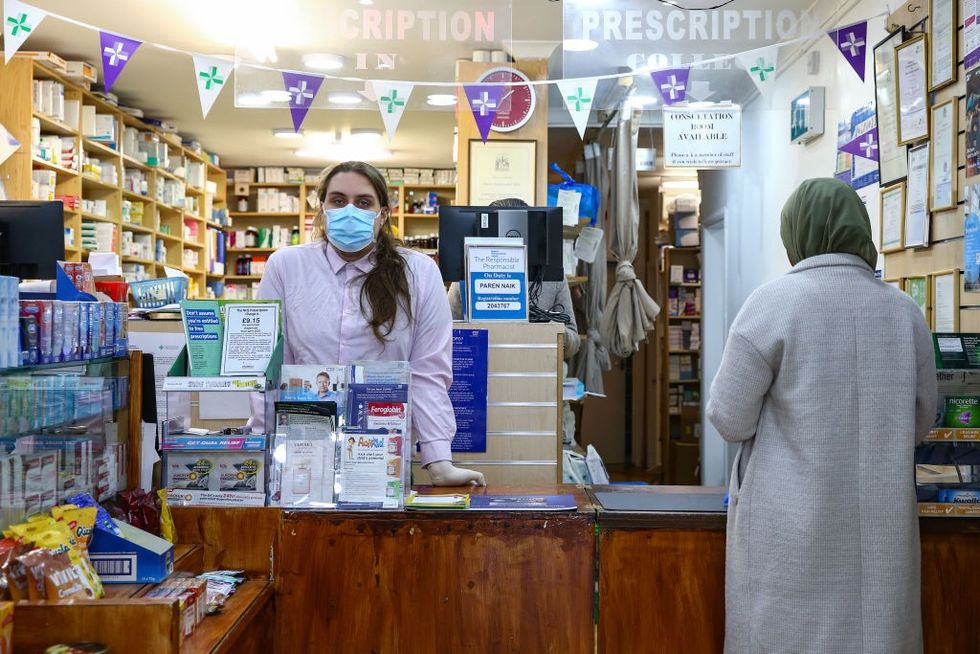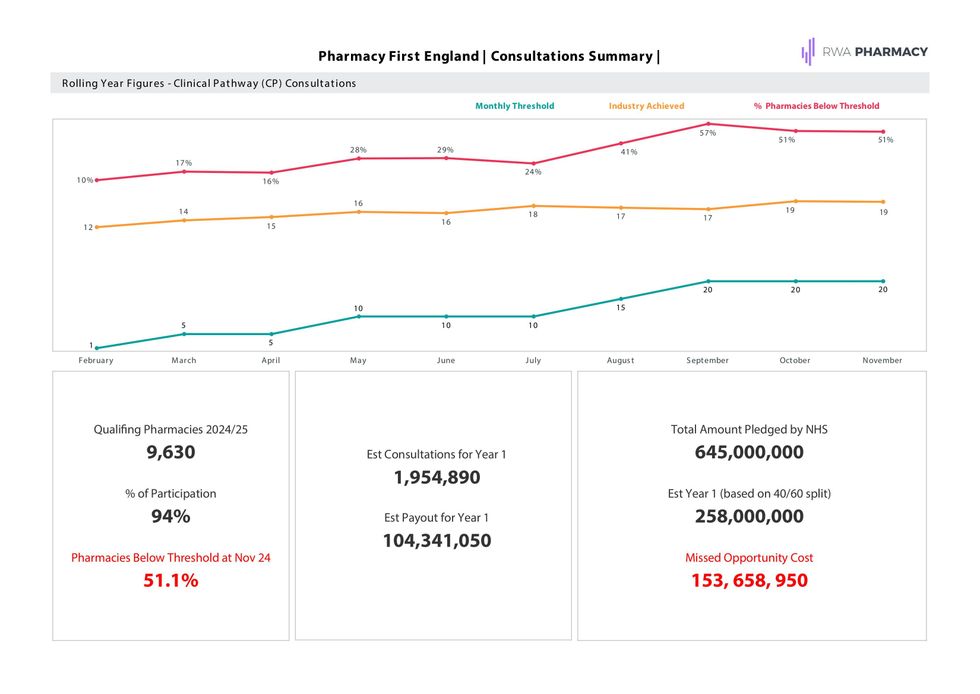Tarina Shah and Jayasri Prasad delve into the critical role of social responsibility in community pharmacy businesses
The rising focus on the "Social" component of Environmental, Social, and Governance (ESG) is prompting UK pharmacies, particularly independent pharmacies, to take a more active role in social responsibility. Beyond just meeting regulatory requirements, pharmacies can strengthen their communities while building trust and supporting business growth by aligning their practices with social initiatives.
The importance of social responsibility in ESG
Research shows 77% of consumers are motivated to purchase from companies committed to making the world a better place, while 73% of investors state that efforts to improve the environment and society contribute to their investment decisions. As customers, employees and investors increasingly expect businesses to contribute positively to society, the "Social" aspect of ESG is gaining importance. In healthcare, trust, accessibility, and community engagement are essential, giving pharmacies a unique opportunity to lead by prioritising social responsibility. By aligning with community needs and values, pharmacies can positively influence local health outcomes, while strengthening their reputation as trusted healthcare providers.
Improving access to healthcare
Community pharmacies are central to their communities and can help reduce healthcare inequalities by making their services affordable and accessible. Offering free health screenings, vaccination drives and health education programmes are just some ways pharmacies can enhance public health. Collaborating with local health organisations to provide free or discounted vaccines to underserved populations is one way to ensure more equitable healthcare access. These initiatives help build stronger ties with the community, improving both health outcomes and customer loyalty.
Fostering diversity, equity and inclusion
Diversity, equity and inclusion (DEI) are not just internal HR policies but essential components of patient care. A pharmacy that reflects the diversity of its community is better equipped to understand and meet the needs of a wide range of customers. DEI training for staff, recruiting from different backgrounds and creating inclusive health campaigns help connect with a broader audience. For instance, Boots’ Diversity and Inclusion Report highlights their efforts to create a more inclusive environment, ensuring that all customers feel represented and understood.
Community health engagement
Pharmacies can enhance their social impact by actively participating in community health efforts. Partnering with local councils, schools and charities to promote wellness programs, medication adherence and preventive care initiatives can significantly improve public health. Setting up mobile clinics or hosting free health checks can extend the pharmacy’s role beyond traditional services, positioning it as a key player in community health. This helps cement the pharmacy’s role as a trusted health advocate, fostering long-term relationships with the community.
Ensuring fair employment practices
Fair employment practices are vital for creating a motivated and engaged workforce. Pharmacies that offer fair wages, reasonable working hours and safe conditions are more likely to attract and retain talented employees. Providing benefits such as mental health support, paid leave and opportunities for career development can increase employee satisfaction and productivity. A recent Harvard Business review showed that employees who feel supported, valued and are happy at work are 20% more productive, therefore likely to deliver higher-quality patient care, enhancing the pharmacy’s reputation and reducing staff turnover.
Communicating social responsibility
Effectively communicating social responsibility initiatives is key to building trust with customers. Pharmacies should use digital platforms, social media and in-store materials to highlight their efforts in community outreach, DEI and fair employment practices. Regular updates about these initiatives, such as stories about supporting local causes or employee well-being, can help build a strong connection with customers. This not only enhances transparency but also reinforces the pharmacy’s commitment to social good.
Leveraging technology for social impact
Technology can play a crucial role in expanding a pharmacy’s social responsibility efforts. Offering services like telehealth consultations, online prescription refills and digital health resources can make healthcare more accessible, particularly for patients facing mobility challenges or transportation issues. Additionally, technology can help pharmacies reduce their environmental impact by streamlining operations, minimizing waste and improving efficiency through digital record-keeping and paperless transactions.
Measuring social impact
To maximize their social impact, pharmacies should establish clear metrics to track the effectiveness of their initiatives. Metrics like customer satisfaction, employee retention and the number of community health events hosted can provide valuable insights into the success of their strategies. Regularly reviewing these metrics allows pharmacies to adjust their approach to better serve their communities and demonstrate accountability to stakeholders.
The path forward
Stakeholders increasingly consider an organisation’s social responsibility initiatives before making important decisions: customers before making a purchase, investors before allocating funding, employees before choosing an organisation to work for. For community pharmacies, integrating social responsibility into core business strategies is both a moral and strategic choice. By prioritising equitable healthcare access, promoting DEI, engaging with the community, and fostering fair employment practices, pharmacies can strengthen their role as essential community health advocates. As social responsibility continues to play a larger role in the ESG framework, pharmacies that take proactive steps in these areas will position themselves for long-term success while making a meaningful impact on the communities they serve.











 Harry McQuillan
Harry McQuillan





 Wes Streeting outlines ambitious NHS reform plansPic credit: Getty images
Wes Streeting outlines ambitious NHS reform plansPic credit: Getty images Pharmacies played a critical role during the pandemicPic credit: Hollie Adams/Getty Images
Pharmacies played a critical role during the pandemicPic credit: Hollie Adams/Getty Images




 Shivam Modi
Shivam Modi